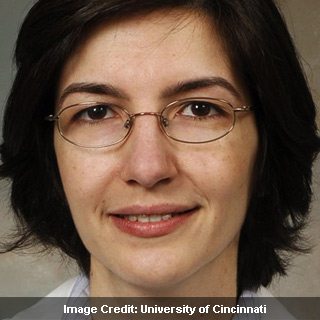
UC Health endocrinologist Marzieh Salehi, MD warns that by just dealing with pressing fertility problems linked to PCOS apparently isn’t sufficient for lasting health. She proposes that women with the identification be vigilantly assessed for metabolic disorders that could result in life-long health issues.
This disorder is suffered by nearly 10 percent of the women population and may result in unnecessary generation of androgens. This could lead to tiny cysts in the ovaries, erratic menstrual cycles and unwarranted hair growth in regions that are male-hormone dependent like the upper lip, chin, chest, upper arm, abdomen and thigh.
Salehi, an assistant professor of endocrinology at UC, mentioned that women having this disorder may frequently undergo issues linked to metabolic syndrome, counting high blood pressure, high cholesterol, elevated blood sugar and insulin resistance. Augmented abdominal fat could be connected to PCOS.
Salehi commented, “Women with PCOS have a higher risk for cardiovascular disease and experience type 2 diabetes at an earlier age and higher rate than women without the condition. About two out of three women with PCOS have high triglycerides and LDL cholesterol—the bad kind—and low HDL cholesterol. If metabolic symptoms aren’t addressed and treated, there can be long-term cardiovascular consequences and diabetic-related complications.â€
Salehi mentioned that threats for cardiovascular and metabolic issues may be decreased by lifestyle enhancements like alterations in diet and weight loss. Medications aiming at insulin resistance may also be utilized to treat this condition.
In a few cases concerning overweight patients, weight-loss surgery has apparently been illustrated to be effectual at overturning metabolic and reproductive troubles also.
